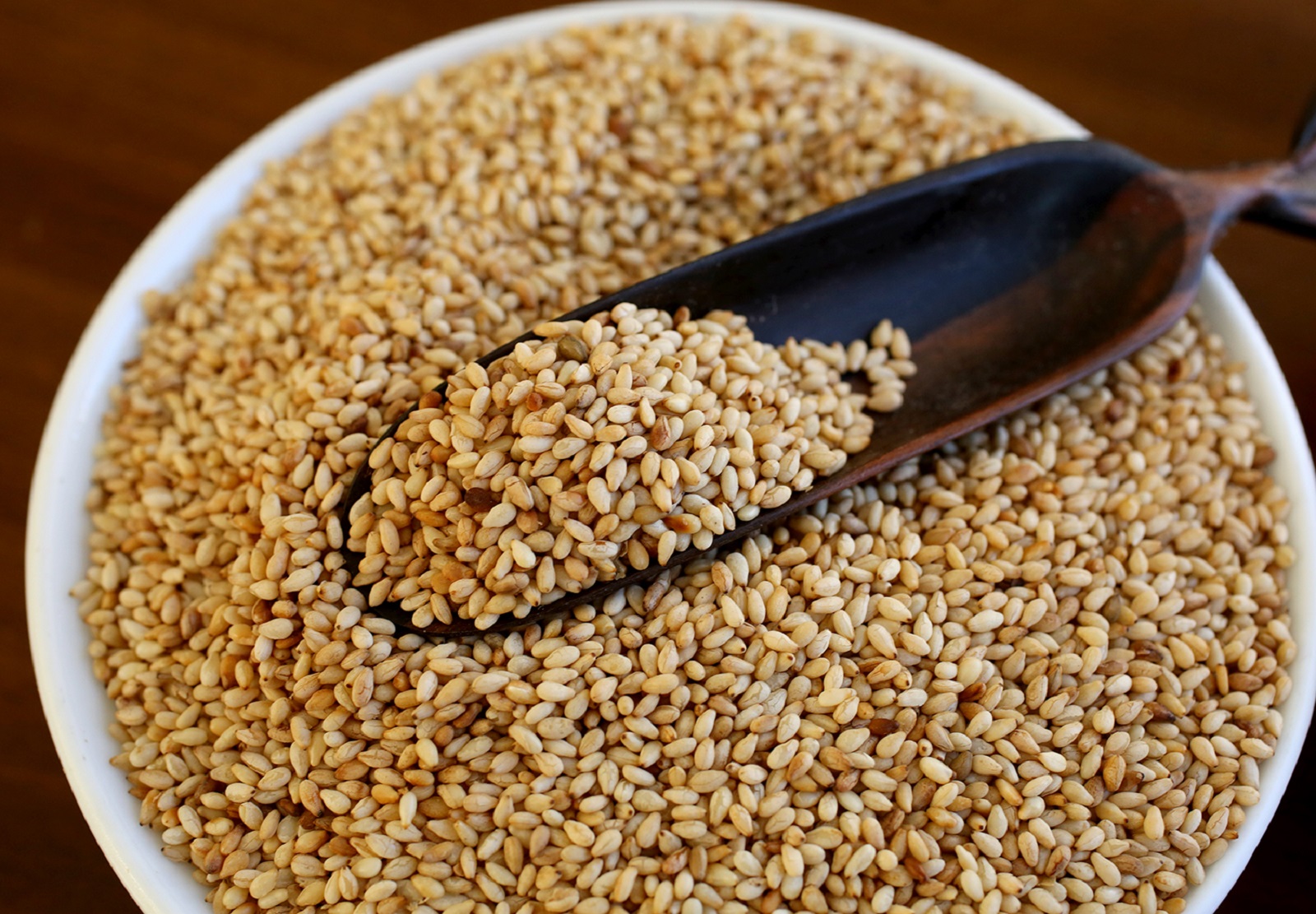The Lagos State Consumer Protection Agency (LASCOPA) has raised an alert to consumers of the popular fried plantains, commonly known as “Plantain Chips.”
The agency urges the public to be vigilant and wary of any potentially unwholesome practices in the processing and frying of these snacks.
The advisory comes in response to a viral online image posted by an eyewitness, allegedly depicting a “plantain chips” seller adding Polythene, commonly referred to as “Rubber,” into the hot vegetable oil used for frying the plantains. LASCOPA expressed deep concern about the potential health implications that such practices may have on unsuspecting consumers.
The agency’s response
- In response to this alarming discovery, LASCOPA has advised consumers to exercise caution and carefully choose where they purchase their plantain chips.
- This measure aims to prevent unwitting exposure to harmful substances and the risk of preventable food poisoning.
- The agency, in an official statement, assured the public that they are presently investigating the reported incident.
- LASCOPA said it is committed to taking appropriate actions to safeguard consumers and hold accountable those responsible for engaging in dangerous practices during the processing of plantain chips.
Considering this incident, members of the public are strongly encouraged to play an active role in reporting any unfriendly or unlawful practices among sellers of consumable items. LASCOPA emphasizes the importance of promptly notifying appropriate government agencies, including LASCOPA itself, about any activities that could jeopardize the health of consumers.
The agency advised members of the public to visit its office at Ikeja and annex branches at Badagry, Bariga, Ikorodu and Ikoyi-Obalende or contact them via email or their phone lines to report similar cases.













The eyewitness is confused. How is it possible for nylon/rubber to melt in a hot oil? Instead, it would squeeze.
People should stop spreading baseless reports.
Bloggers too are not helping matters as they do not bother verifying the authenticity of a report before dissemination.
Very nice